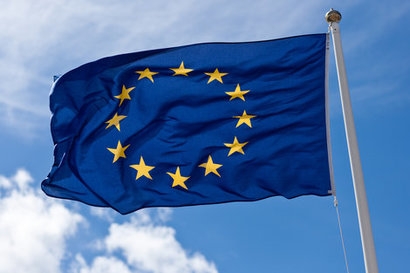
In its own-initiative opinion drafted by Lutz Ribbe, the EESC points out that there are at least four reasons why smart energy production would provide economic benefits at regional level and asks the European Commission to systematically link the future regional and social cohesion policy to the Energy Union initiative.
The energy transition is not just about the positive effects on climate mitigation and air pollution or the possible issues with the digital divide and supply disruptions. Although the public and political debate at European level tends to focus on the environmental benefits or on the risks associated with the decentralised transition, the Committee makes a different point and says that the development of renewable energy may bring about economic benefits for the EU regions.
It also represents an amazing opportunity for local economies, especially for structurally weak and rural European regions.
“There are many success stories from all across Europe about regions, cities, villages, and cooperatives promoting the energy transition – resulting in reduced CO2 emissions in a region, improved energy efficiency in housing, and decreased rates of energy poverty” said Mr Ribbe.
The EESC opinion, adopted at the plenary session on 11 July 2018, showcases a number of concrete examples and case studies from across Europe and stresses that the carbon-free production of energy may lead to advantages at regional level in at least four areas - the need for fuel imports would decrease, economic value would be added within the region – especially if ownership remains local, sustainability and good quality jobs would be created through the installation, operation and maintenance of renewable energy production; and finally, regional tax revenue would increase.
By linking on a regular basis energy to regional development and social cohesion policies, their positive effects would be reinforced and Europe's regions would tap into the full potential of energy system transformations at local level.
In its much more closely coordinated approach, the European Commission should also prepare assessment tools on how the regional energy transition can bring benefits to regions and provide assistance to local decision-makers to develop regional economic development plans as well as energy/capital flows accounting.
“We want to be able to support European regions by allocating public funds if need be” added Ribbe. “To this end, we need a detailed analysis of the economic impact, at regional level, of transforming local energy supply structures. Only by underpinning these arguments by concrete numbers, can we have an impact on the debate and facilitate the implementation of the EU's Energy Union initiative”.
For additional information:

